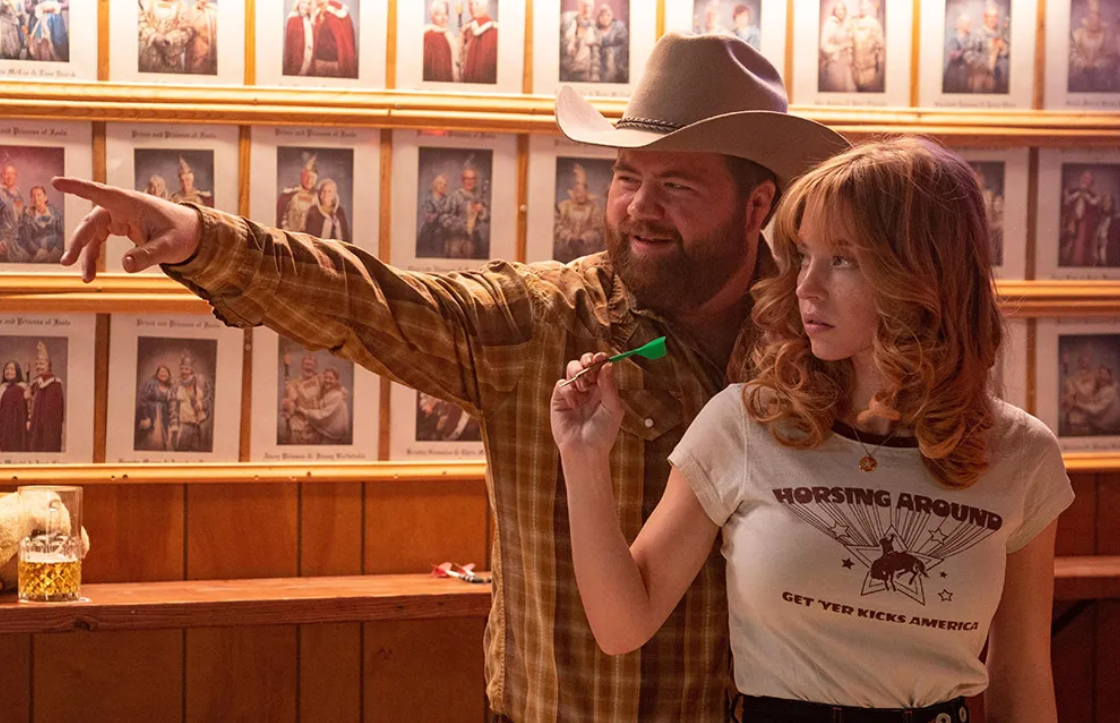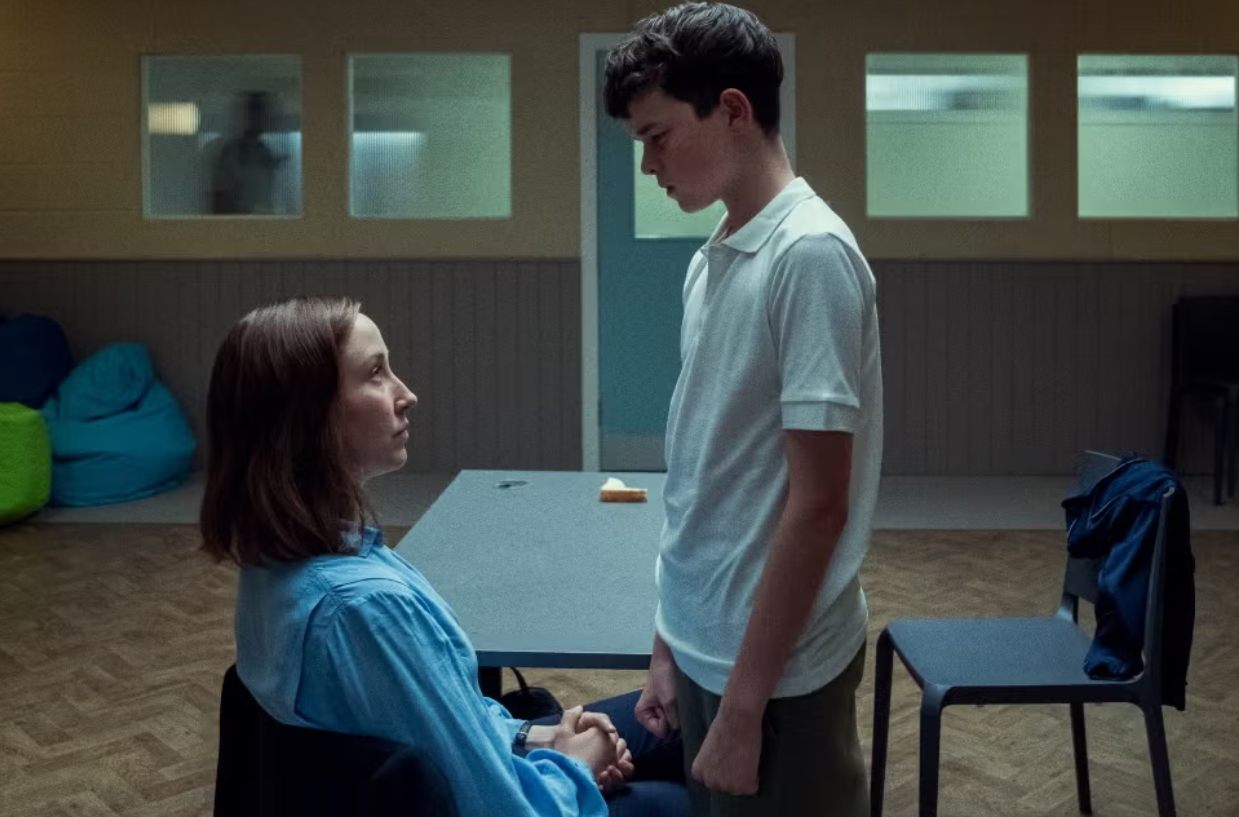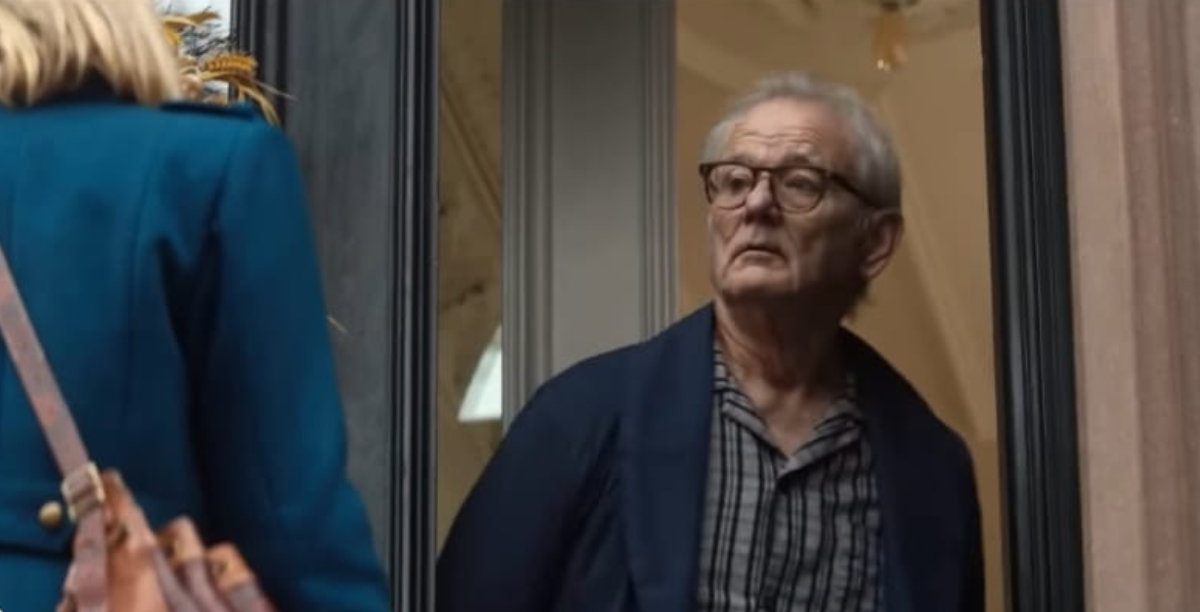What Meaning Does the Epitaphs in ‘the Woman in the House…’ Hold? The Street Tombstone Change EXPLAINED

via Imago
[data:image/gif;base64,R0lGODlhAQABAAAAACH5BAEKAAEALAAAAAABAAEAAAICTAEAOw==]https://www.staging.netflixjunkie.com/wp-content/uploads/2022/02/25.png
In The Woman in the House Across the Street from the Girl in the Window, Anna’s daughter’s grave epitaph changed frequently. Anna visits her daughter’s grave very frequently, and every time she visits the epitaph on the headstone changes, but that has a deeper meaning.
The series is an American satirical thriller television series by Rachel Ramras, Hugh Davidson, and Larry Dorf, starring Kristen Bell. The series is successfully streaming on Netflix. It falls on the spectrum of a dark comedy thriller inspired by thrillers like The Girl on the Train and The Woman in the Window. The plot follows Anna, a middle-aged woman, divorced, lost her daughter three years ago, and surviving alone with the help of alcohol and pills.
She spends her whole day sitting on a couch with wine and staring at what is happening in her neighborhood. After spending most of her day on the couch, in front of the window, she rarely goes out. The rest of her day passed away by buying more wine and visiting her daughter’s grave, where the audience notice the frequent change of epitaph on the headstone.
ADVERTISEMENT
Article continues below this ad

Let’s find out why the epitaph change frequently.
ADVERTISEMENT
Article continues below this ad
The Woman in the House Across the Street from the Girl in the Window tombstone change – Analysis
In the first episode, the epitaph read as, “If love were enough, you’d have lived forever.” After episode one, the epitaph changes into atrociousness. The purpose of the epitaphs is it serves as a guide for the viewers and discredit Anna for her situation.
ADVERTISEMENT
Article continues below this ad
The first epitaph is basically explaining the grieving situation of Anna, which she tries to soothe with wine and pills. Her daughter’s death was inconsolable, which leads to instability. In the next episode’s epitaph is “In heaven, you can dance like no one’s watching” and the last episode’s epitaph is “There’s no ‘I’ in heaven”. These epitaphs are the hint in which the show is progressing and what is the situation of Anna. The last epitaph is never used on someone’s grave and it fell out of place. The show brings out satire from the dark thriller, which makes us laugh a long way.
ADVERTISEMENT
More from Netflix Junkie on Netflix News
ADVERTISEMENT










